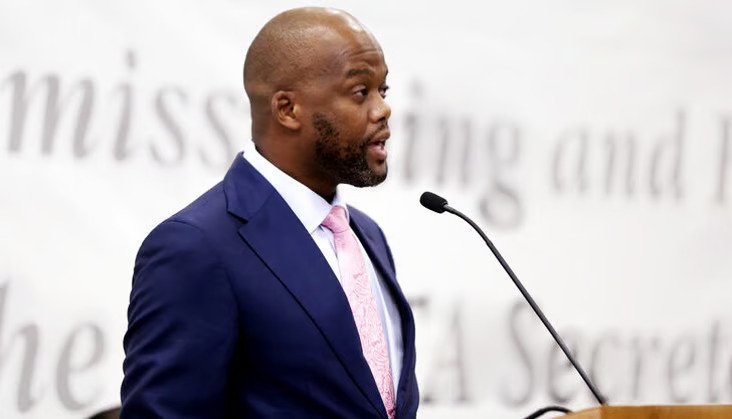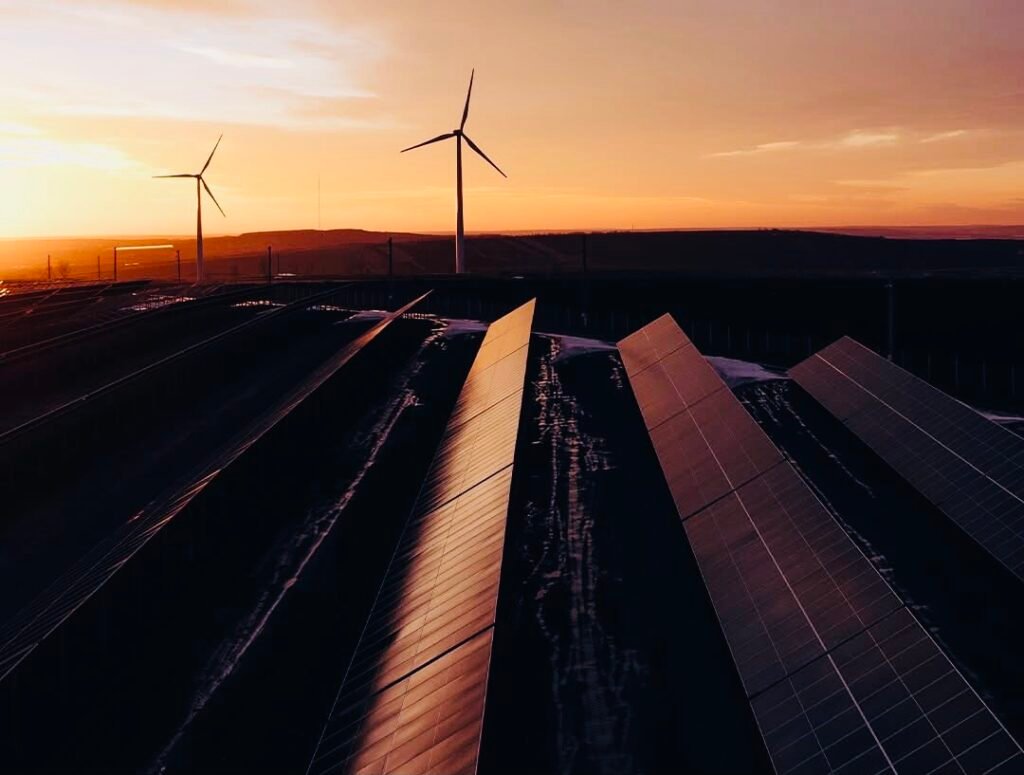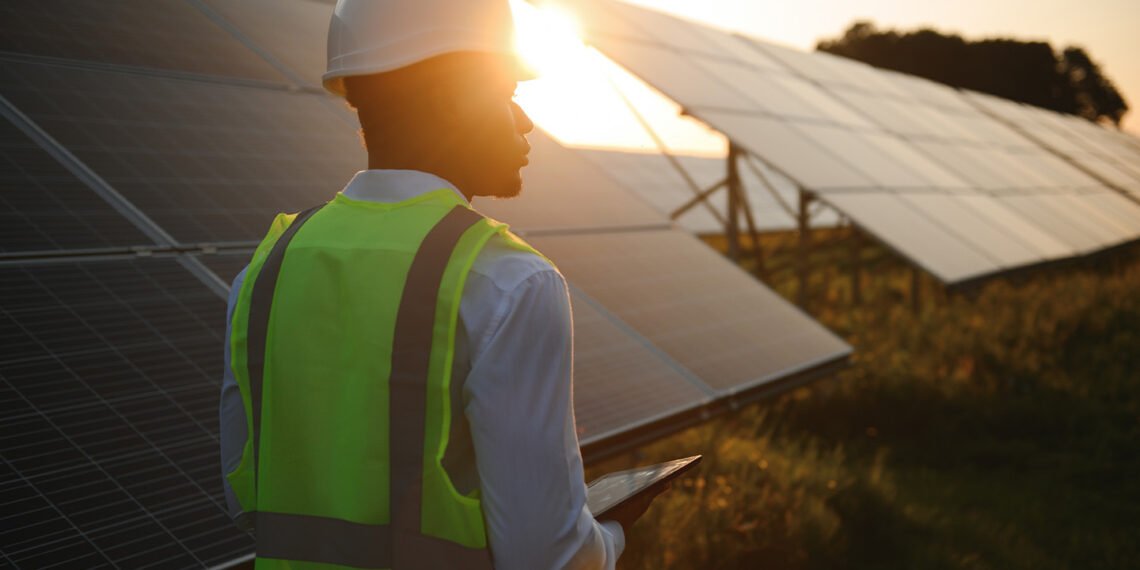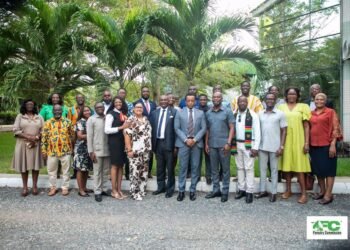The Secretary-General of the African Continental Free Trade Area (AfCFTA), His Excellency Wamkele Mene, has urged African governments, businesses, and investors to mobilize at least $100 billion to accelerate renewable energy development and close the continent’s electricity access gap.
Speaking at a session of the 2025 Africa Oil Week (AOW) in Accra, H.E. Mene stressed that despite Africa holding 60% of the world’s renewable energy resources, it continues to lag behind in harnessing this potential due to inadequate financing.
“Africa has the resources to power itself and drive industrial growth.
“What we lack is the capital required to unlock this potential. We will need about $100 billion to fast-track renewable energy and expand access to electricity across the continent.”
His Excellency Wamkele Mene, Secretary-General of AfCFTA

The AfCFTA chief underscored the paradox of Africa’s energy landscape: vast natural wealth but persistent energy poverty. Over 600 million Africans remain without reliable access to electricity, while millions more depend on expensive and polluting fossil fuels.
“If Africa can tap into its abundant solar, geothermal, and wind resources, we could close the electricity gap that continues to hold back our people.”
His Excellency Wamkele Mene, Secretary-General of AfCFTA
He pointed to the continent’s significant comparative advantage in renewable energy, arguing that effective financing could position Africa as a leader in global clean energy.
AfCFTA as a Catalyst for Energy Transformation

H.E. Mene highlighted the opportunities presented by the African Continental Free Trade Area, which has been ratified by 49 out of 54 African countries.
By pooling resources and leveraging the continent’s vast population of 1.4 billion, he said Africa can create the scale and market needed to attract investment into the energy sector.
“AfCFTA is not just about trade in goods. It is about creating a platform for industrialization and energy development.
“With a unified market, we can attract the investments needed to power Africa’s industries and communities.”
His Excellency Wamkele Mene, Secretary-General of AfCFTA
He also lamented Africa’s continued dependence on imports of finished products and energy expertise, calling on policymakers to strengthen local capacity and retain more value within the continent.
Call for Practical Action

The AfCFTA Secretary-General challenged African leaders, investors, and the private sector to move beyond rhetoric and adopt actionable strategies.
“What Africa needs is a practical action plan to transform the energy sector in the foreseeable future. We cannot afford to miss this opportunity.”
His Excellency Wamkele Mene, Secretary-General of AfCFTA
Mene stressed that the continent’s youth population expected to reach over 375 million between the ages of 15 and 35 by 2030 should be at the heart of this transformation.
Investing in renewable energy and industrial development, he said, will create the jobs and opportunities needed to address unemployment and improve livelihoods.
This year’s Africa Oil Week, event focused on co-creating solutions that balance the continent’s abundant gas and oil resources with the urgent need to transition toward renewables. Sessions explored the complexities of energy transition, carbon management, and the critical issue of access.
Delegates also discussed how strong governance, innovation, and partnerships can help Africa strike a balance between maximizing natural resource wealth and pursuing a sustainable, low-carbon future.
Hosting the Africa Oil Week for the first time, Ghana has positioned itself as a hub for continental energy dialogue.
The presence of senior policymakers and global energy leaders underscored the country’s commitment to sustainable development and its role as a bridge between Africa and global markets.
At the summit, the message was clear: Africa has the resources and the potential to transform its energy future but requires decisive action and unprecedented financing.
READ ALSO: Market Cheers as Ghana’s Treasury Auction Breaks Four-Week Drought with 15.8% Oversubscription























